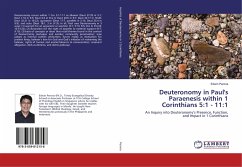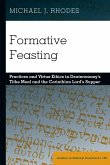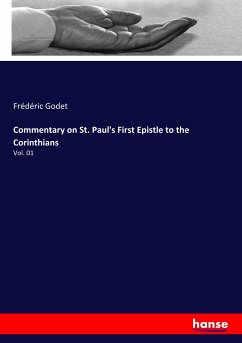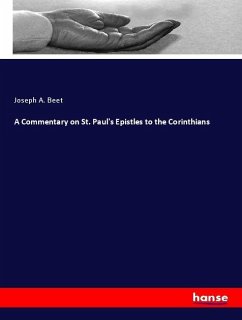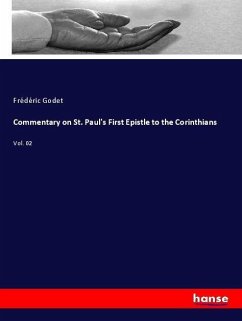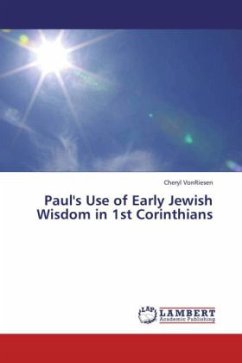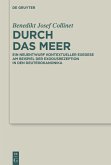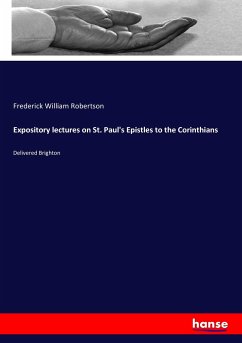Deuteronomy occurs within 1 Cor 5:1-11:1 as allusion (Deut 27:20 in 5:1; Deut 1:16 in 6:5; Deut 6:4 in 8:4, 6; Deut 20:6 in 9:7; Deut 32:17 in 10:20; Deut 32:21 in 10:22), quotation (Deut 17:7, parallels in 5:13; Deut 25:4 in 9:9), and echo (Deut 18:1, 3 in 9:13). In all, Paul uses Deuteronomy in 3 ways: (1) warrant for an argument or sanction (5:1; 5:13; 6:5; 8:4, 6; 9:4-18; 10:14-22); (2) illustration for the right of apostles to material support (9:7; 9:13); (3) basis of concepts or ideas that recall themes found in the context of Deuteronomy (exclusion and exodus; community preservation; wise judges as internal conflict arbitrators; future reality as motivation for present living; believer's love for God and God's initiative of redeeming the believer; rights of human and animal laborers to remuneration; covenant allegiance, idols as demons, and divine jealousy).
Bitte wählen Sie Ihr Anliegen aus.
Rechnungen
Retourenschein anfordern
Bestellstatus
Storno

